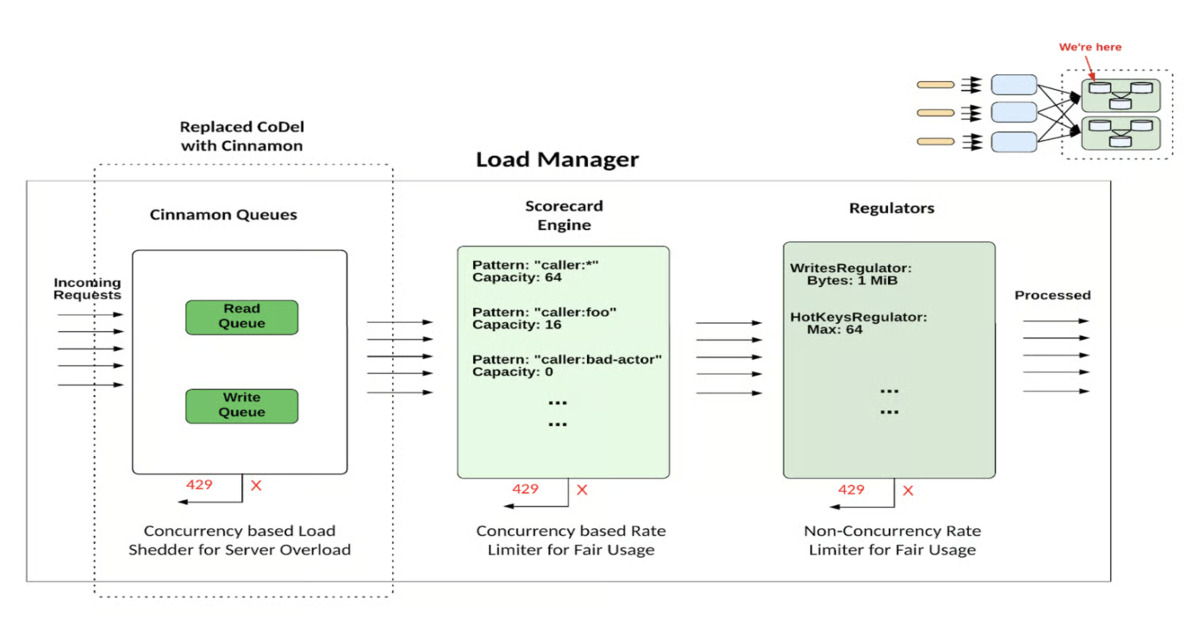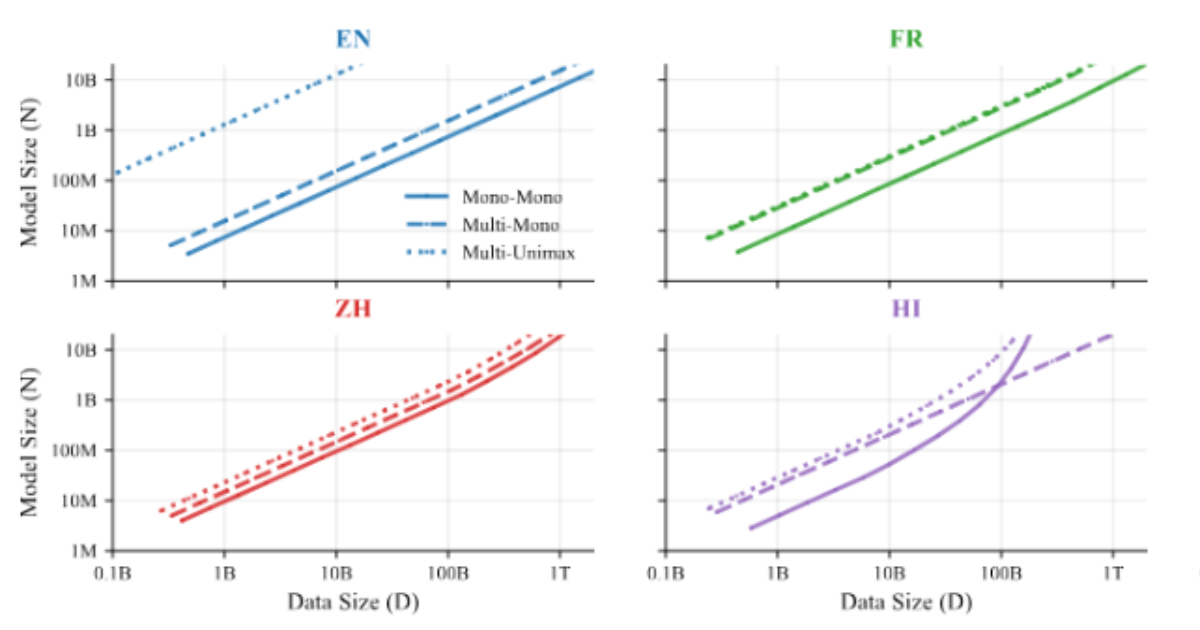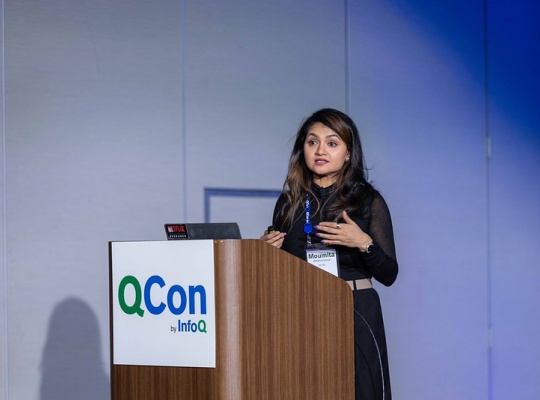Codetown
Codetown ::: a software developer's community
Coding Dojo
Event Details
Time: December 10, 2009 from 7pm to 9pm
Location: CoLab Orlando
Street: http://www.colabusa.com/
City/Town: Orlando
Website or Map: http://groups.google.com/grou…
Phone: greggpollack@gmail.com
Event Type: dojo
Organized By: Gregg Pollack
Latest Activity: Dec 6, 2009
Event Description
The first Orlando Code Dojo will be held one week from today, Thursday, December 10th, 7 PM at CoLab Orlando (http://www.colabusa.com/). Are you up for the challenge?
Here is what to expect:
7:00 to 7:15 - Introduction and team forming.
At the start of the meeting teams will be formed. In order to facilitate the group formation, we've created a google doc so you guys can sign up for the language you're interested in for this session. Your choice should not be based on performance, memory usage or anything like that. It's just a matter of what you feel like coding in. You're also free to change your mind in case you see someone suggest a language you might be interest in learning.
http://docs.google.com/Doc?docid=0AV60EzcLMaXtZGN3Y2NidjZfNDdjcXFwczVkOQ&hl=en
7:15 to 7:30 - Code challenge introduction
I will be the challenge master for this meeting and do a quick presentation of a code challenge, and give everyone access to a git repo where they can fork to get started on the project. The git repo will also contain detailed instructions on the challenge itself. Don't worry if you don't know Git, there will be plenty of people to help if you don't know it. Just be sure you have git installed on your machine if you want to program on it (http://git-scm.com/).
7:30 to 8:30 - Make the Codez
Each team will attempt to get as far as they can in the challenge, keeping in mind that quality matters over completeness. Writing tested code is recommended but not required, and aspiring to do TDD is certainly something worth your time.
8:30 - Code Checkin
Everyone will checkin their code into git, let us know if you need help doing so. Since everyone will fork from an initial repo, that means everyone will be able to quickly access everyone else's solutions (after 8:30, and later at home).
8:30 to 9:00 - Present your codes
Based on github checkins I'll call one team up at a time to give a 3-5 minute walkthrough of how they solved the problem on the projector. Be warned that you'll be using my computer to show your code on github. Having to switch computers on the projector takes too long, and this means you MUST have your code checked in to present.
9:00 - All Done & Retrospective
We'll wrap up and have a retrospective on the dojo itself, collecting ideas on how to make the DoJo better.
Feedback is most definitely welcome, and please do us a favor and send this email to a few people to spread the word.
Gregg Pollack
Notes
Welcome to Codetown!
 Codetown is a social network. It's got blogs, forums, groups, personal pages and more! You might think of Codetown as a funky camper van with lots of compartments for your stuff and a great multimedia system, too! Best of all, Codetown has room for all of your friends.
Codetown is a social network. It's got blogs, forums, groups, personal pages and more! You might think of Codetown as a funky camper van with lots of compartments for your stuff and a great multimedia system, too! Best of all, Codetown has room for all of your friends.
Created by Michael Levin Dec 18, 2008 at 6:56pm. Last updated by Michael Levin May 4, 2018.
Looking for Jobs or Staff?
Check out the Codetown Jobs group.
InfoQ Reading List
Article: Engineering Speed at Scale — Architectural Lessons from Sub-100-ms APIs

Sub‑100-ms APIs emerge from disciplined architecture using latency budgets, minimized hops, async fan‑out, layered caching, circuit breakers, and strong observability. But long‑term speed depends on culture, with teams owning p99, monitoring drift, managing thread pools, and treating performance as a shared, continuous responsibility.
By Saranya VedagiriUber Moves from Static Limits to Priority-Aware Load Control for Distributed Storage

Uber engineers detailed how they evolved their storage platform from static rate limiting to a priority-aware load management system. The approach protects Docstore and Schemaless, Uber’s MySQL-based distributed databases, by colocating control with storage, prioritizing critical traffic, and dynamically shedding load under overload conditions.
By Leela KumiliBuilding Software Organisations Where People Can Thrive

Continuous learning, adaptability, and strong support networks are the foundations for thriving teams, Matthew Card mentioned. Trust is built through consistent, fair leadership and addressing toxic behaviour, bias, and microaggressions early. By fostering growth, psychological safety, and accountability, people-first leadership drives resilience, collaboration, and performance.
By Ben LindersGoogle DeepMind Introduces ATLAS Scaling Laws for Multilingual Language Models

Google DeepMind researchers have introduced ATLAS, a set of scaling laws for multilingual language models that formalize how model size, training data volume, and language mixtures interact as the number of supported languages increases.
By Robert KrzaczyńskiPresentation: Foundation Models for Ranking: Challenges, Successes, and Lessons Learned

Moumita Bhattacharya discusses the evolution of Netflix’s ranking systems, from the multi-model architecture to a Unified Contextual Recommender (UniCoRn). She explains how they built a task-agnostic User Foundation Model to capture long-term member preferences. Learn how they solve system challenges like high-throughput inference and the tradeoff between relevance and personalization.
By Moumita Bhattacharya
© 2026 Created by Michael Levin.
Powered by
![]()
RSVP for Coding Dojo to add comments!
Join Codetown